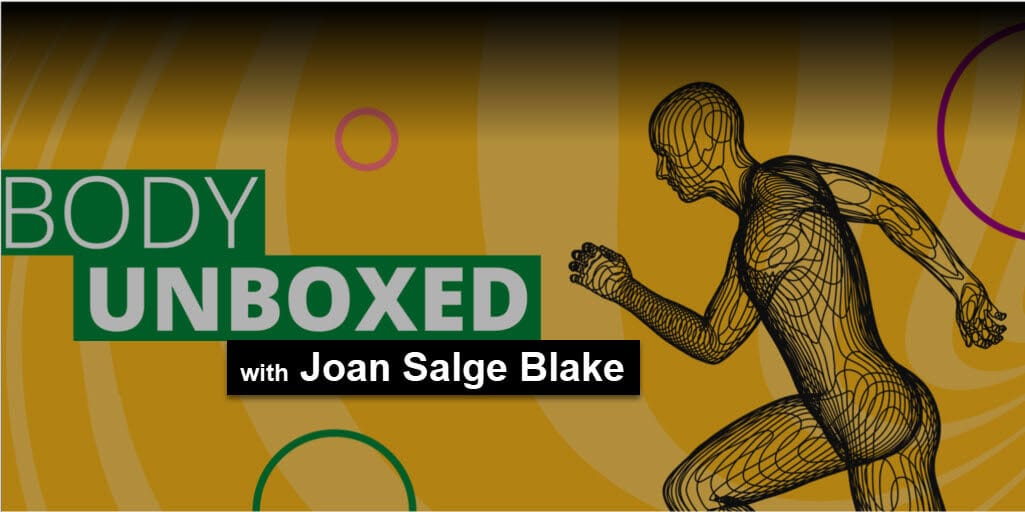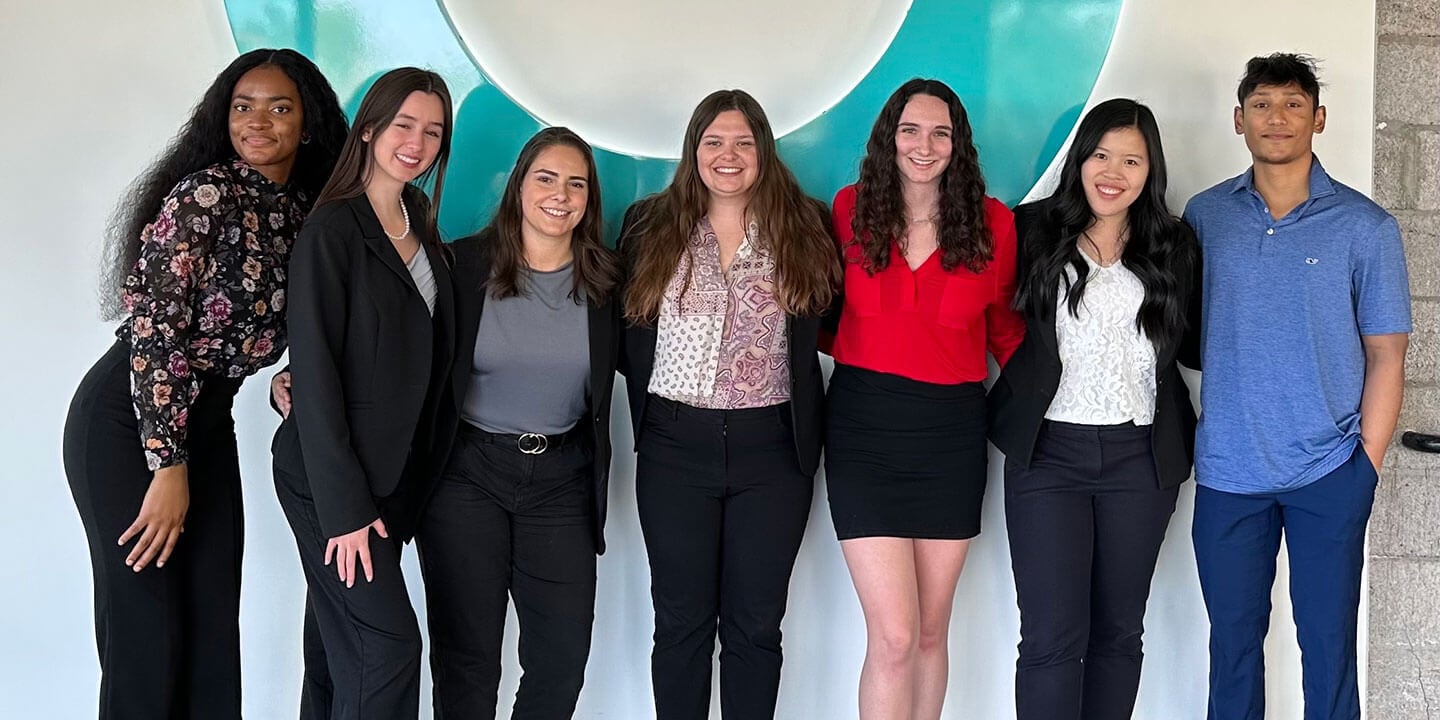
Tips to Healthier Eating Habits for College Students
Cooking healthy meals in college can be extremely challenging, especially staying within your budget with rising grocery prices. The following tips can help you achieve a balanced diet in college while not breaking the bank or spending too much time cooking. One tip for eating a healthier balanced diet in college is efficient grocery shopping with a well-prepared list.
Another tip for college students wanting to eat healthier is preparing breakfast options and study snacks early in the week to cut down on time spent before class making meals and avoid impulsive decisions. By following these two tips, college students can navigate the challenges of cooking nutritious meals on a budget while optimizing their time and resources.
Efficient Grocery Shopping
As a busy college student, it can be difficult to get to the grocery store even once every other week which is why it is super important to plan when you want to eat healthier. If you have roommates, I recommend getting a grocery list app to share what you want from the store on a joint list. Having a shared list of dinner ideas with roommates is another way to ensure you are mixing up your meal options. Fresh fruit and vegetables can be expensive for a college student's budget. I have found the best way to get fruits and vegetables into my diet is by buying them frozen. Buying frozen fruits and vegetables also ensures you are avoiding food waste. Another grocery shopping tip for college students on a budget is to check the price per ounce or pound for each item because general packaging can make some items look cheaper than they are.
Meal Prepping
For some college students, meal prepping sounds time-consuming and too repetitive, but the key is to not meal prep all of your meals. I recommend meal prepping for breakfast or lunch because it allows for more time and energy to cook dinner. My go-to for prepping breakfast is overnight oats because you can mix up the flavor combinations so it does not get boring, and you can make multiple for the whole week. Lunch is usually the hardest meal for college students to eat a balanced meal because many students have classes or work around that time. Prepping containers of snacks ahead of time can help you get through the middle of the day. I recommend cutting up whatever fresh vegetables or fruits you have all at once to have a couple of healthy snack options on hand throughout the week.
Cooking healthy meals in college can be a daunting task, but it is not impossible. Overall planning, preparation, and a little creativity can help any college student eat healthier on a budget. Prioritizing nutritious choices and planning will contribute to a balanced diet, ultimately promoting overall well-being and academic success in college.
Do you have a compelling story or student success tips you’d like to see published on the Pearson Students blog? If you are a college student and interested in writing for us – click here to pitch your idea and get started!

